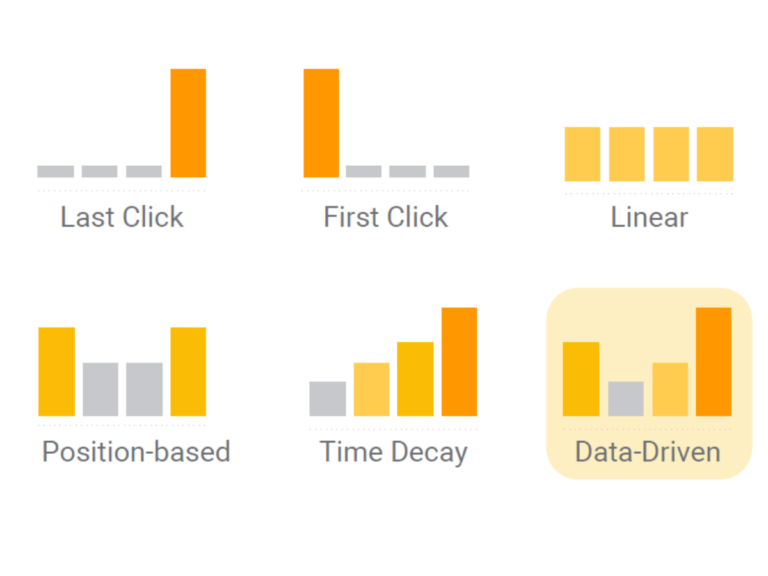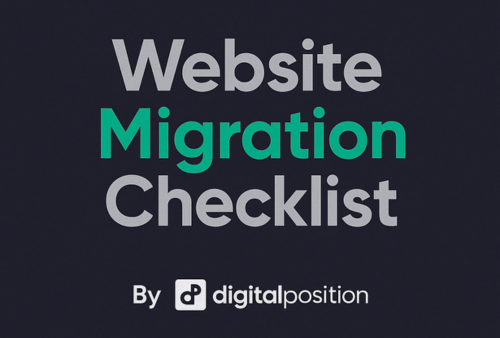Google has recently expanded its Site Reputation Abuse Policy, a move that has significant implications for website owners and marketers across the globe. With these changes, Google aims to further combat the spread of low-quality, third-party content used to manipulate search rankings—a tactic often referred to as “parasite SEO.” Let’s break down these updates and what they mean for your organic search strategy.
What Is the Site Reputation Abuse Policy?
Initially introduced in March 2024, the Site Reputation Abuse Policy was designed to address the problematic practice of leveraging a reputable website’s authority to publish irrelevant or spammy content. This tactic is often employed to artificially inflate search visibility. Websites caught hosting such content could face serious penalties from Google, ranging from the deindexing of specific pages to a drastic reduction in search visibility.
The goal has always been clear: Google wants to ensure that the content presented in search results is of high quality, relevant to users, and reflective of the site’s main purpose. The previous version of the policy already targeted manipulative practices, but Google has now taken further steps to ensure compliance by expanding the scope of what qualifies as abusive.
What’s Changing?
The recent update to Google’s Site Reputation Abuse Policy—announced on November 19, 2024—introduces an important new focus: it explicitly states that any form of involvement, including first-party oversight or partial ownership, does not exempt sites from compliance. Previously, some publishers tried to dodge penalties by claiming minimal involvement in the creation or oversight of low-quality third-party content. Google has now clarified that such tactics are no longer viable loopholes.
According to Google’s updated stance, any attempt to leverage a site’s established authority—even if the content is produced through white-label services, licensing agreements, or complex business relationships—is in violation of this policy. Google’s Chris Nelson explained that no degree of first-party involvement or oversight changes the fundamental, exploitative nature of this kind of content.
The Impact on Your SEO Strategy
For marketers and website owners, this means conducting a much more stringent audit of any third-party content hosted on your site. Quality is key—Google wants to see content that aligns closely with the core focus of your site and offers genuine value to users. Even if the content is not directly produced by your team, the same high standards must be applied.
This change will be particularly challenging for those who relied on third-party content partnerships to enhance the volume of indexed pages or boost relevance signals. Businesses will need to reconsider their relationships with content providers to ensure that every piece aligns with Google’s quality guidelines. Publishing irrelevant or thin affiliate content is now an even riskier endeavor, regardless of how it was sourced or who approved it.
Steps to Avoid Penalties Under the New Policy
- Audit Your Content: Conduct a thorough review of all content on your site, especially if you host third-party articles. Ensure everything aligns with the site’s core topic and adds real value to readers.
- Improve Content Guidelines: Establish strict editorial guidelines for any external contributors. Make sure that all content is well-written, useful, and aligned with your brand’s messaging.
- Engage in Active Oversight: Actively oversee and maintain all published material. Even if content comes from an external source, you need to ensure it meets quality standards.
- Reduce Dependency on Third-Party Content: If your site relies heavily on third-party content, it may be time to rethink your approach. Focus on creating original, high-quality content produced internally to maintain better control over quality and relevance.
Google’s Intent—Maintaining Content Integrity
Ultimately, this policy change underscores Google’s mission to uphold the integrity of search results. By broadening the definition of site reputation abuse, Google wants to prevent websites from taking advantage of established domain authority to boost irrelevant or misleading content. As a result, organic rankings will increasingly favor websites that focus on genuinely valuable and relevant content—whether that content is produced internally or externally.
For website owners and digital marketers, understanding these changes and making proactive adjustments is crucial. By ensuring that all hosted content—regardless of origin—aligns with Google’s quality standards, you can protect your site from potential penalties and continue to thrive in the ever-evolving world of organic search.





no replies